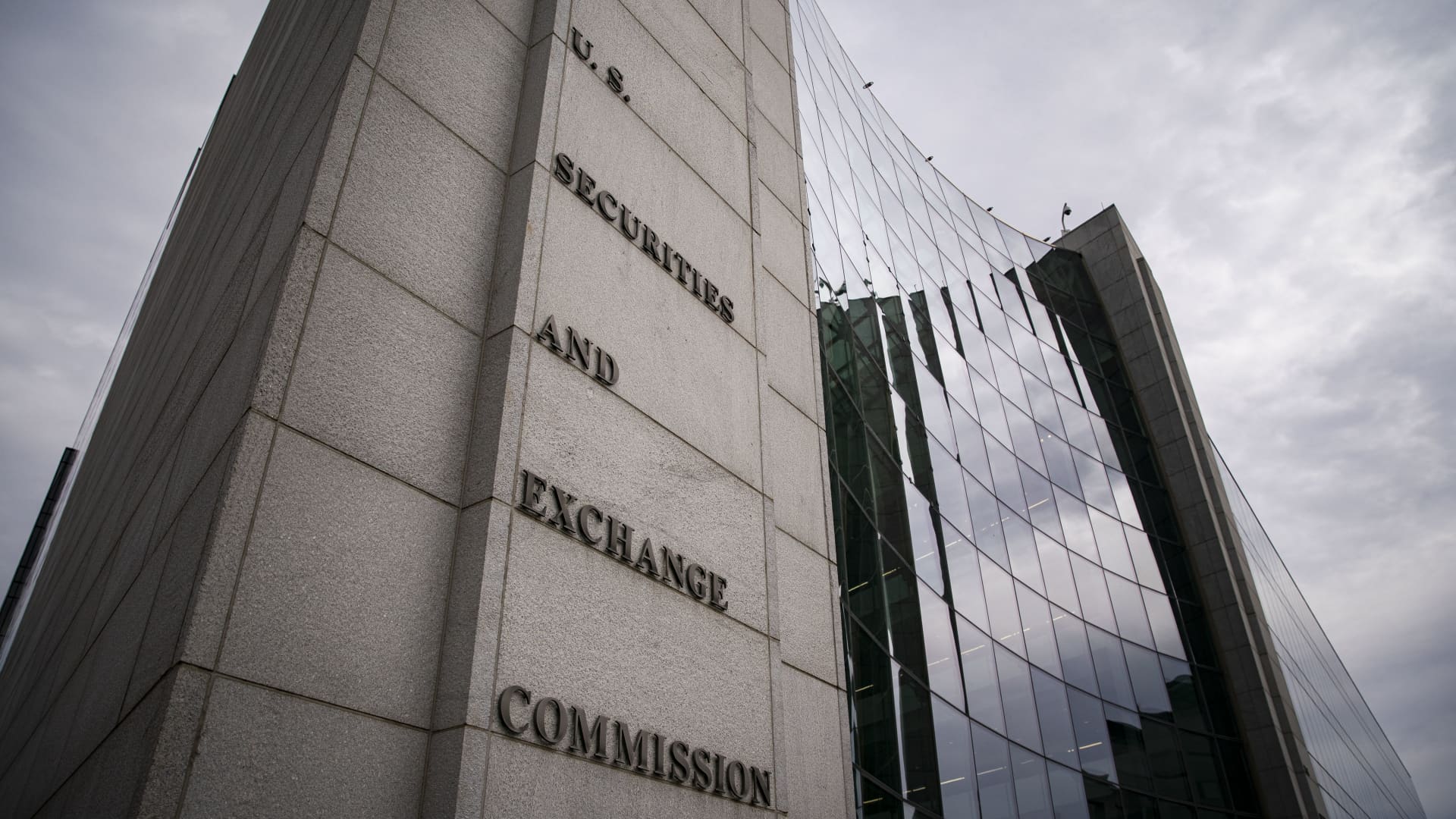Products You May Like
Robo-advisor firm Betterment agreed on Tuesday to settle charges with the U.S. Securities and Exchange Commission for $9 million over alleged failures related to an automated tax service.
The sum will be distributed among roughly 25,000 client accounts, which lost about $4 million in potential tax benefits from 2016 to 2019, the SEC alleged.
The median payout for investors will be less than $100, Betterment estimated. Impacted customers will be notified of their compensation later this year when the SEC approves a distribution plan, the company said.
More from Personal Finance:
Two alternatives to the more elusive $7,500 EV tax credit
Some travel is ‘off the charts’ expensive, experts say
This free tax tool may find ‘overlooked’ credits or refunds
Betterment didn’t admit or deny wrongdoing as part of its settlement agreement.
Betterment was among the initial crop of automated investment platforms — so-called robo-advisors — for retail investors that started cropping up around 2008, when the advent of the iPhone created a ubiquitous digital culture.
Betterment’s alleged failures relate to “tax-loss harvesting.”
In basic terms, this technique — common among financial planners — seeks to reduce or eliminate taxes owed on investment profits by offsetting them with losses from other investments. That might mean selling losing stocks to offset taxes on winners, for example.
The SEC alleged that Betterment “misstated or omitted several material facts” in client communications concerning its tax-loss harvesting service.
Software tweaks and coding errors found
Among other things, the company didn’t disclose a software tweak related to the frequency with which it scanned customer accounts for tax-saving opportunities, and had two computer coding errors that prevented some clients’ losses from being harvested, the SEC said.
“Betterment did not describe its tax loss harvesting service accurately, and it wasn’t transparent about the service’s changes, constraints and coding errors that adversely impacted thousands of clients,” Antonia M. Apps, director of the SEC’s New York regional office, said in a written statement Tuesday.
Betterment had fixed the related coding and customer disclosure issues by 2019, the company said. Since then, Betterment has “made significant investments to build and strengthen its compliance program,” it said Tuesday in a written statement.
The tax-loss harvesting service saved hundreds of millions of dollars in taxes for more than 275,000 customers who have used it since being introduced in 2014, Betterment said.
“[Betterment] fully cooperated with the SEC’s inquiry and is pleased to have reached a resolution on these issues,” it said.
